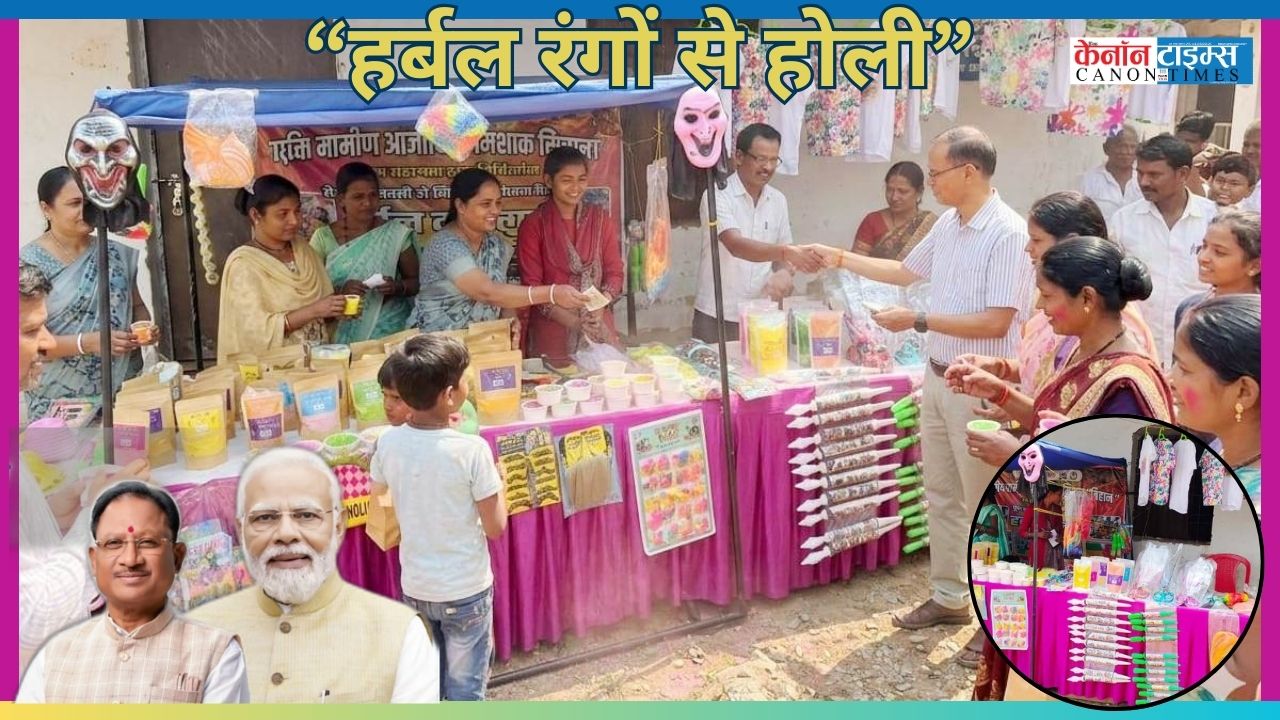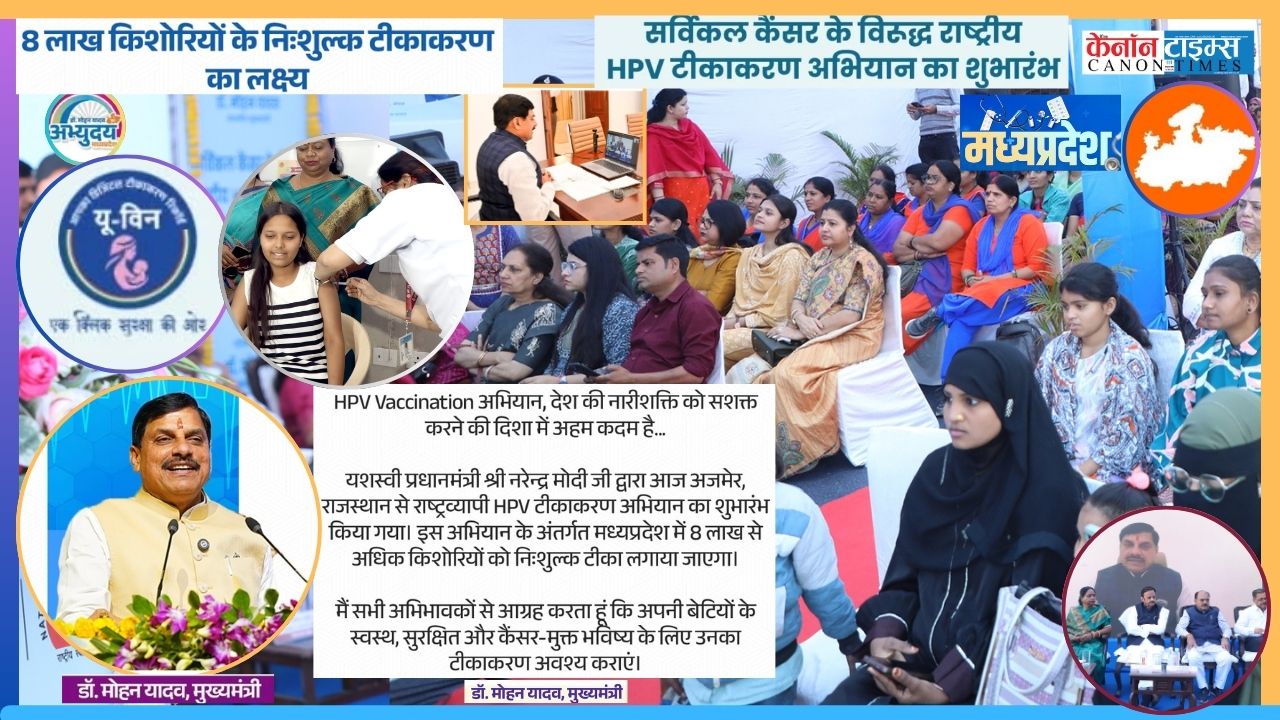Beyond the Waqf Bill: A Call for Hindu-Muslim Synergy
As debates rage over the recently passed Waqf (Amendment) Bill, 2025, voices across India are calling for greater understanding and cooperation between Hindus and Muslims, rather than deepening divides. While some hail the legislation as a step towards transparency and reform, others see it as a threat to minority rights.
Learning from Vajpayee’s Legacy of Unity
Back in 2002, then-Prime Minister Atal Bihari Vajpayee’s decision to nominate Dr APJ Abdul Kalam as President stood out as a powerful symbol of national integration. The move, which was achieved with all-party support, showed what political consensus and respect for diversity could look like. Today, India is in dire need of such inclusive leadership.
Muslims Among the Most Marginalised
With a population of nearly 200 million, Indian Muslims remain one of the most socio-economically backward communities. Reports, including the Sachar Committee Report (2006), paint a grim picture: low literacy, high dropout rates, limited access to healthcare, and rising unemployment.
A 2024 study by Aliah University also blamed systemic issues like large family sizes, lack of integration between madrasa and modern education, and economic marginalisation for their stagnation.
Concerns Around the Waqf Bill
Passed by both Houses and signed into law by President Droupadi Murmu in early April, the Unified Waqf Management, Empowerment, Efficiency and Development Act, 2025 has stirred controversy.
Some welcome provisions—like the inclusion of women, OBC Muslims, and non-Muslims on Waqf boards—have been praised by constitutional experts like Prof. Faizan Mustafa. However, restrictions on non-Muslims from donating to Waqf and eligibility rules based on religious practice have been deemed discriminatory and legally questionable.
Hindus Must Not Remain Silent Spectators
At a time when India’s largest minority feels targeted, right-thinking members of the majority Hindu community, Dalits, and other minorities must step forward. Civil society, too, must prioritise harmony, inclusivity, and justice over politically driven narratives.
India’s culture—be it classical music, cuisine, language, or spiritual practices—is a product of centuries of Hindu-Muslim synergy. From the Gharanas of Hindustani music to the architectural wonders of our past, the blending of civilisations is at the heart of the Indian identity.
Time to Build Bridges, Not Walls
Muslim intellectuals, including Dr Rafiq Zakaria, Dr Muhammad Qutubuddin, and journalist Ghazala Wahab, have long urged the community to focus on education, self-empowerment, women’s rights, and institution-building. But progress cannot occur in a vacuum. Support from the Hindu majority is essential to build a truly inclusive India.
A Patriotic Duty
In these polarised times, patriotism lies in healing divides, not widening them. If India is to rise as a global leader, it must ensure all its citizens—regardless of religion—can walk shoulder to shoulder. The path forward is not one of confrontation, but of cooperation, mutual respect, and shared progress.
Author: This news is edited by: Abhishek Verma, (Editor, CANON TIMES)
Authentic news.






